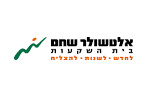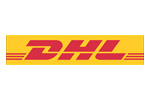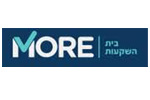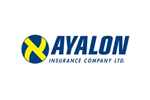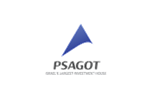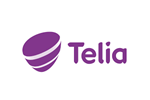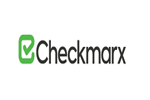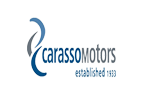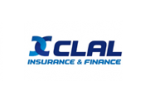In our last post, we explained in general on the sales compensation plans in the pharmaceutical industry, plans that include all sales employees. But are the plans which, were very traditional and stagnant what the industry needs at times of lower revenues and overall decrease in sales staff?
A new research by the Hay Group shows that executive compensation programs at big pharmaceutical companies are still oriented towards rewarding compliance and near-term financial outcomes. Like so, it points out that these are the wrong approaches in an industry with very long, multi-year product development pipelines, and go against industry innovation.
According to the study, which is based on data from 50 public US pharmaceutical companies (both big and small), 80% of metrics used by the large companies to determine incentives are financial, while only 12% are related to drug development and commercialization.
As mentioned in the last post, the average life span of a compensation plan in pharmaceutical companies is three years, but it takes many years to develop a successful product and once a patent is granted, it lasts for twenty years. Thus, companies can plan for the long term if needed, since they have specific time “anchors” such as patent expiration dates, FDA tests, and additional time constraints. However, when it comes to the executive compensation plans the research found that currently, 80% are based on financial data points, and only 20% are related to pipeline development and the commercialization of innovative new therapies.
The compensations need to encourage development in order to prepare a company for the inevitable pitfall. Some might say that in economic terms, the compensation should be anti-cyclically. Lower emphasis on sales when the company has a monopoly on a drug, vis-à-vis patents and higher on development and vice versa when a sales boom is needed in face of generic competition.
In fact, we see that the small and medium companies, that “live and die” based on FDA approval processes are much more flexible with their compensation plans as opposed to the large giants that enjoy a large revenue (even when pitfalls occur). The big companies just might find – much like the smaller companies that base their compensation on more than just pure financial indicators – that it may lead to more innovation and better product development, which in turn will increase sales volumes and revenues.






















